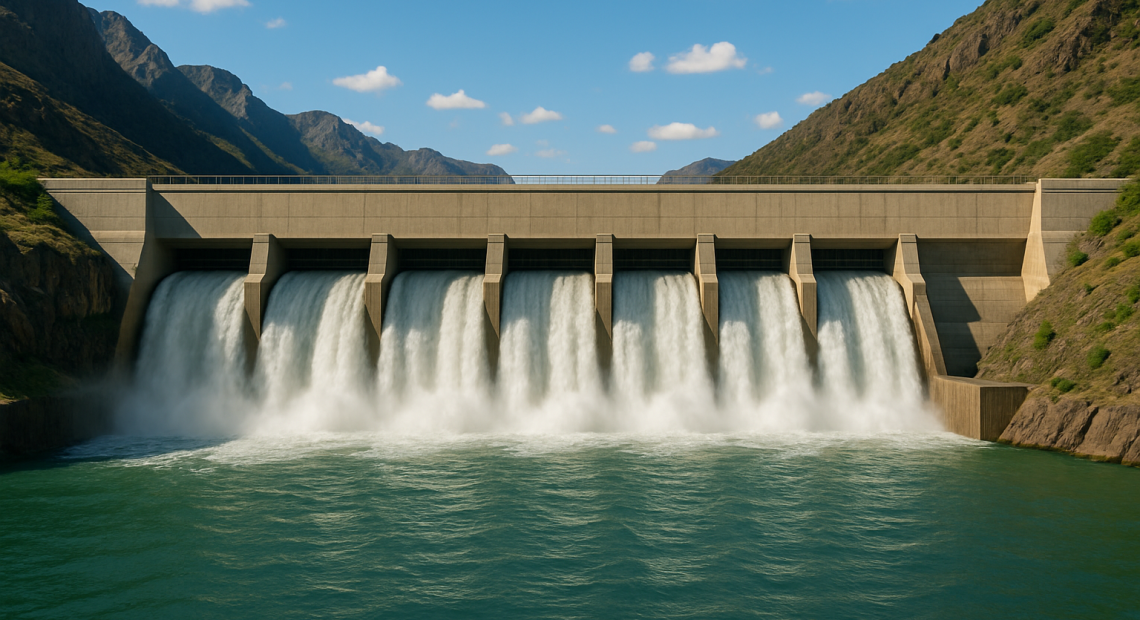
India Says Indus Waters Treaty Will Never Be Restored
India has declared that it will never revive the Indus Waters Treaty with Pakistan, marking a historic and irreversible shift in its policy on water sharing with its western neighbor. The announcement was made by Home Minister Amit Shah on June 21, closing the door on a decades-old agreement that had survived wars and geopolitical upheaval since 1960.
Indus Waters Treaty Permanently Ended
When asked if there was any scope of the treaty being reinstated, Shah responded firmly: “No, it will never be restored.” His statement confirms that India no longer intends to resume the water-sharing mechanism, originally brokered by the World Bank, that allocated the use of the Indus, Jhelum, and Chenab rivers between India and Pakistan.
India had suspended the treaty on April 23 in the aftermath of the deadly terror attack in Pahalgam, which was attributed to groups backed from across the border. Since then, India has accelerated internal reviews and begun planning for water reallocation.
Water to Be Diverted to Rajasthan
According to Shah, water that previously flowed into Pakistan will now be redirected for use within India—particularly toward Rajasthan, where plans are underway to construct a dedicated canal infrastructure. The move is intended to serve the irrigation needs of India’s arid regions, potentially revitalizing agriculture in drought-prone zones.
This shift in hydrological priorities represents not only a geopolitical response to terrorism but also a domestic push to optimize water resources for India’s internal development.
Pakistan on Alert Over Water Crisis
Pakistan, heavily reliant on these rivers for agriculture and drinking water, had previously warned that any effort to block or divert its share of the water could be considered an “act of war.” With India now confirming the treaty’s permanent end, Islamabad is reportedly preparing legal and diplomatic responses.
Officials in Pakistan have expressed fears of severe water shortages during the crucial kharif cropping season, and analysts warn that reduced water flows could impact food security, energy production, and internal stability in several Pakistani provinces.


















